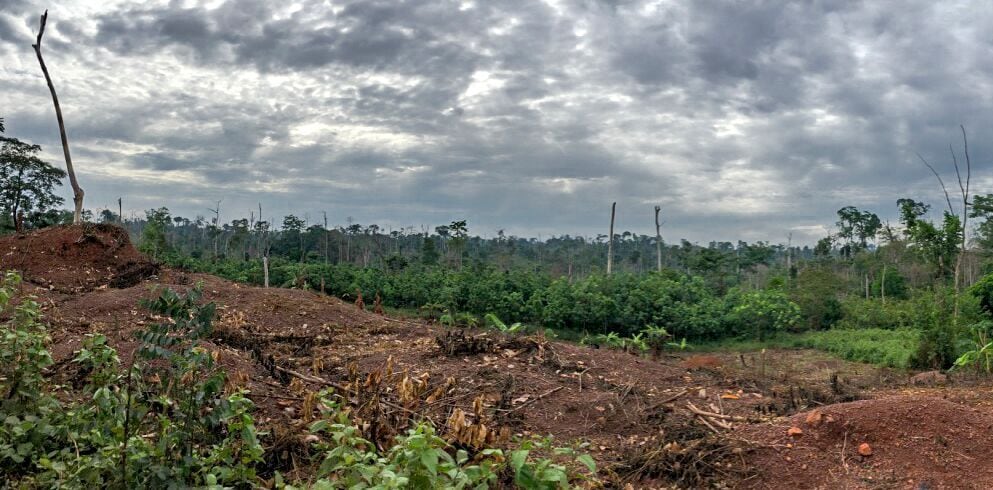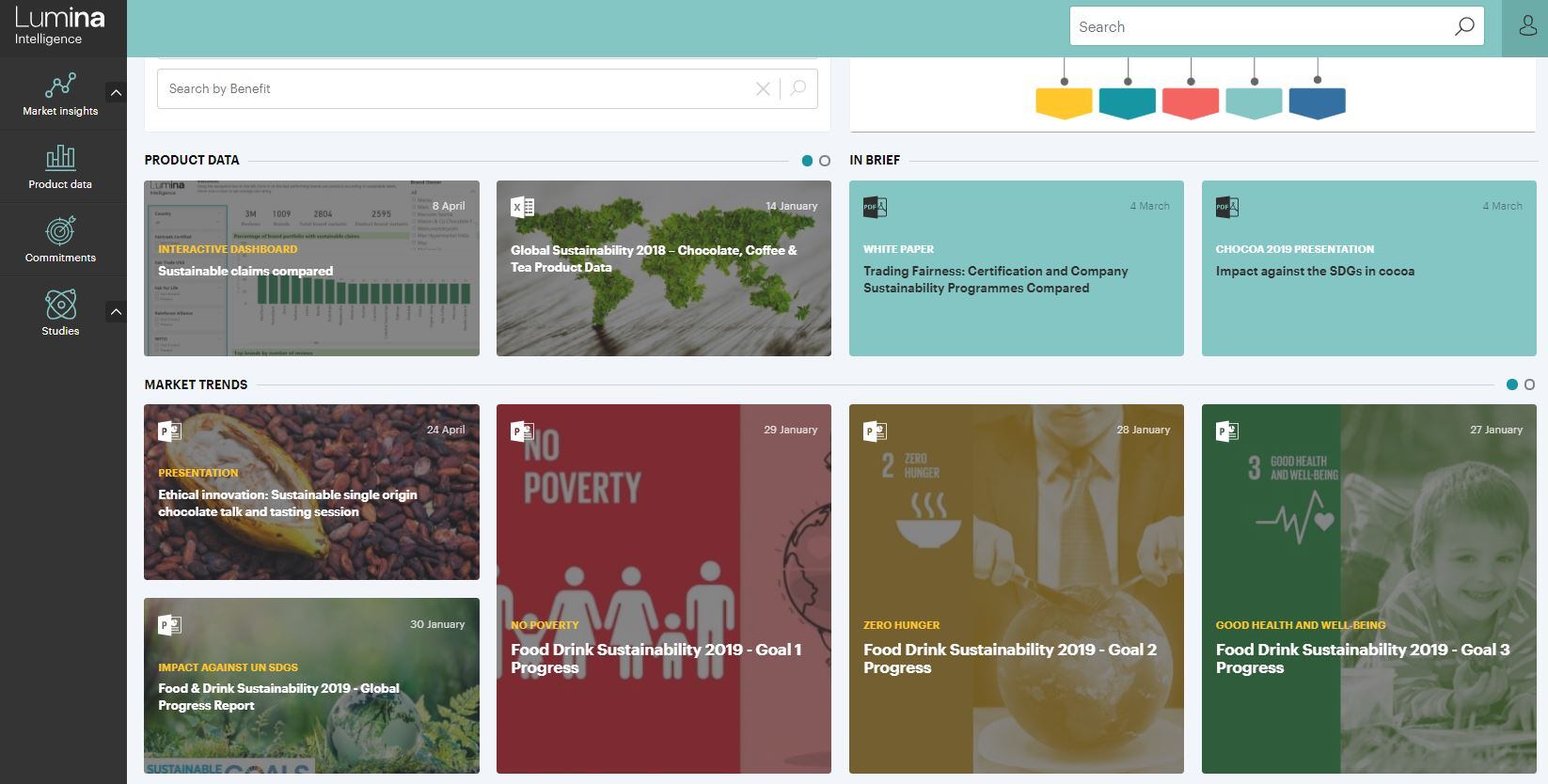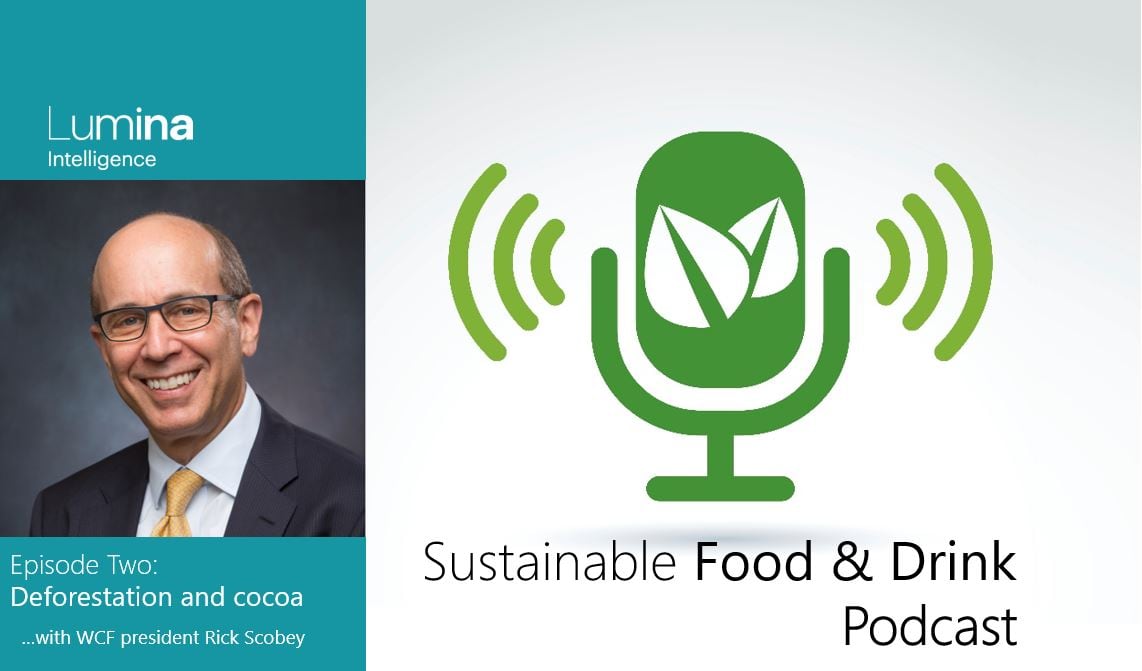Speaking to Lumina Intelligence’s Sustainable Food & Drink Podcast, Rick Scobey, president of WCF, said incoming regulation in Ghana and Côte d’Ivoire will compel local traders – even those not part of multi-stakeholder platform the Cocoa & Forests Initiative (CFI) - to guarantee volumes are not driving deforestation.
Direct volumes mapped and traceable
Last month, 33 manufacturers, suppliers and retailers began releasing individual action plans to tackle cocoa-driven deforestation as part of commitments to CFI.
The road to regulation

Non-profit Mighty Earth unearthed extensive cocoa-driven deforestation in Côte d’Ivoire and Ghana in 2017.
Chocolate and cocoa companies and the national governments in both countries committed to a framework for action under the Cocoa & Forests Initiatives (CFI) November 2017, after announcing a statement of intent in March that year.
Signatory companies published individual action plans for each country last month, while WCF published aggregate plans for the cocoa & chocolate industry for Côte d’Ivoire and Ghana.
For further detail, see Lumina Intelligence's blog for an overview of industry commitments.
“The companies have made a commitment to ensure all of the cocoa that they buy directly themselves from farmers will be mapped and fully traceable,” said Scobey.
The traceablity commitment applies to directly purchased volumes under company sustainability programmes, but as much as half of cocoa purchased by the big five chocolate brands is bought indirectly on the international market.
New rules to require traceability for all
Top cocoa producer Côte d’Ivoire estimates up to 30-40% of its cocoa comes from ‘forêts classées’ (protected forests), volumes which are mainly purchased by local traders.
This cocoa is sold to intermediaries and onto the terminal market where it ends up with buyers in the global chocolate market.
Scobey said: “The [Ivorian and Ghanaian] governments made a commitment to put in place new regulations…requiring traceability applicable to all the different actors.”
This means regulation that will apply to all traders, including local traders not part of the Cocoa & Forests Initiative, he said.
“That way we have companies making commitments in their on direct supply chain and the government ensuring it’s a level-playing field and will apply to all cocoa,” continued Scobey.
Revised forest codes
Ghana and Côte d’Ivoire have committed to regulation, but there is no indication yet when new rules will be drafted and enter force.
However, both countries are currently revising its forest codes to clarify which lands can be used for agriculture.
Scobey said CFI signatory companies are committed to conducting deforestation risk mapping of farmers within the vicinity of protected areas.
The podcast asks what may happen to a cocoa farmer encroaching on a protected area and explores how CFI commitments will be honoured. Lumina’s podcast asks:
- Do local traders have the capacity to implement full traceability?
- Who will financially support farmers in at risk areas find alternative livelihoods?
- Should companies disclose cocoa suppliers?
Sustainable Food & Drink Podcast - Lumina Intelligence

Lumina Intelligence Sustainability provides insights on the sustainable sourcing of cocoa, tea and coffee – three commodities facing similar social and environmental concerns.
The subscription service supports companies, suppliers, NGOs, governments and academics looking to strengthen their programmes, target research efforts and gauge demand for ethical products among online consumers.
Listen to Lumina's Sustainable Food & Drink Podcast - Episode One.

